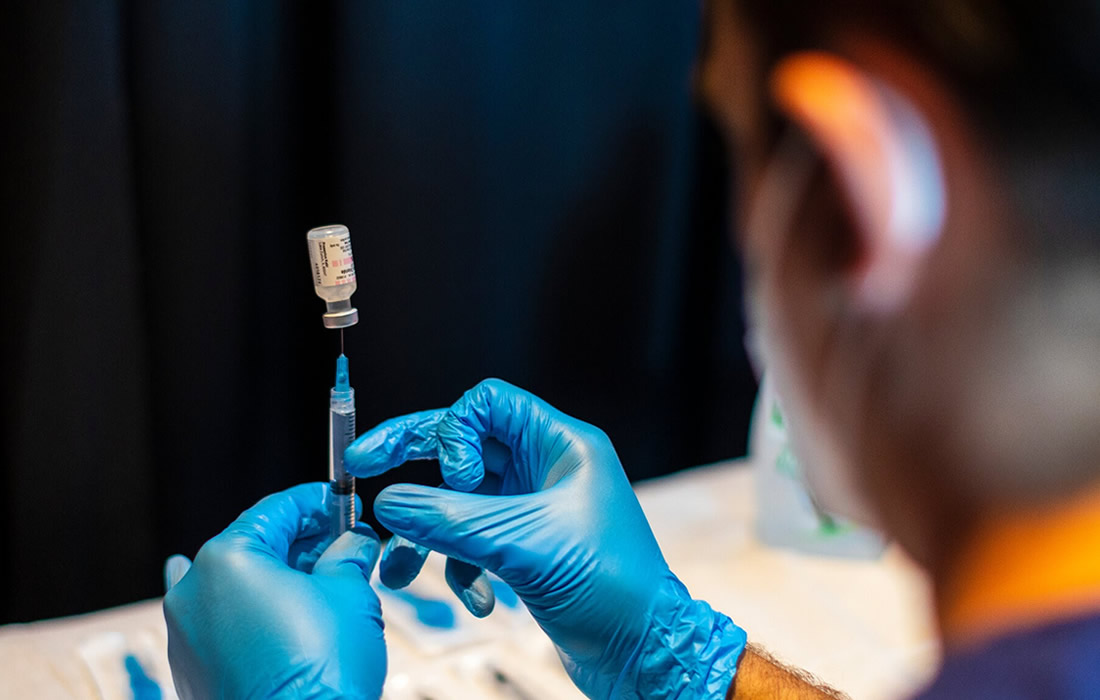COVID-19
Do COVID-19 Vaccines Work in Immunocompromised Individuals?
The Coronavirus disease 19 (COVID-19) has caused a global pandemic with profound public health and socioeconomic sequelae due to the absence of protective immunity to SARS-CoV-2, the viral infectious cause of COVID-19.
Scientists rapidly developed vaccines with the goals of protecting individuals and achieving herd immunity. The two mRNA vaccines granted FDA emergency use authorization in the US, Pfizer-BioNTec and Moderna, were shown in phase 3 clinical trials of healthy individuals to be highly effective in preventing moderate to severe COVID-19.
Individuals with underlying autoimmune disorders, including Multiple Sclerosis (MS), and those on immune-modulatory therapies, were not included in these trials. As a result, the magnitude and quality of the immune response to mRNA vaccination are not well characterized in these potentially vulnerable patients who may be at greater risk for COVID-19-associated morbidity and mortality and are more prone to infect others.
The immune system is complex, featuring multiple cell types. A recent study in Nature Medicine investigated whether the immune systems of MS patients on anti-CD20 therapy would respond to vaccination with a COVID-19 mRNA vaccine such as Pfizer or Moderna.
Vaccines work by provoking immune system responses among B and T cells. Since many people are dependent on anti-B cell therapy to control the progression of their condition, it was unclear if the COVID-19 vaccine would provoke an appropriate immune response among these patients, including MS.
Lead investigator Amit Bar-Or, MD, said that they looked at antibody and cellular responses in their study and observed a robust T cell response, in some cases even stronger among people not on anti-CD20 therapy that is used to treat MS.
Although MS patients made fewer antibodies to the virus, their T cell responses were markedly robust compared to people not on immune-suppressing drugs. These results show that vaccination is likely to provide ample protection against SARS-CoV-2 infection.
Neutralizing antibodies are essential in vaccine-induced protection, but recent evidence suggests that T cells are critical in immunity. Despite poor antibody responses in most patients with MS treated with aCD20, all of them generated robust CD4 and CD8 T cell responses to SARS-CoV-2 mRNA vaccination. Data suggest that they will have some measure of immunity, considering that T cells may retain recognition of emerging variants of concern that have escaped antibody neutralization.
Overall, the study’s findings provide key insights about the ability to generate immune responses in immunocompromised populations that will be relevant for clinical guidance in these patients and possible public health recommendations for vulnerable populations.
Source:
Apostolidis, S.A., Kakara, M., Painter, M.M. et al. Cellular and humoral immune responses following SARS-CoV-2 mRNA vaccination in patients with multiple sclerosis on anti-CD20 therapy. Nat Med (2021). https://doi.org/10.1038/s41591-021-01507-2

